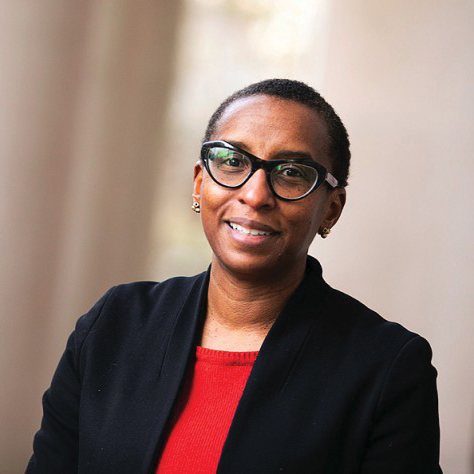
As a leading scholar of political behavior and a dedicated educator, Claudine Gay has made significant contributions to the world of academia. Currently serving as the Edgerley Family Dean of Harvard’s Faculty of Arts and Sciences, Gay has spent her career exploring issues of race and politics in America.
Gay’s academic achievements are impressive, having been appointed as a professor of government at Harvard in 2006 and a professor of African and African American Studies in 2007. She was also named the Wilbur A. Cowett Professor of Government in 2015, a testament to her exceptional research and teaching skills. As the FAS dean, she has worked tirelessly to enhance academic culture and expand opportunities for students while prioritizing community health and academic continuity during the COVID pandemic.
Gay’s expertise in political behavior has yielded valuable insights into issues of race, democracy, and participation. Her research has explored the ways in which minority officeholders affect citizens’ perceptions of government, the roots of competition and cooperation between minority groups, and the effects of housing mobility programs on political participation. Gay has also mentored her students, teaching courses on American political behavior, democratic citizenship, and Black politics in the post-Civil Rights era.
In addition to her academic pursuits, Gay has taken on leadership roles in various organizations, including the Pew Research Center and the American Academy of Political and Social Science. She is also a member of the American Academy of Arts and Sciences, a prestigious recognition of her outstanding contributions to political science.
Gay’s achievements serve as an inspiration to students and scholars alike. She has set a high standard for excellence in research and teaching while demonstrating a deep commitment to promoting diversity and inclusivity in higher education. Her contributions to the field of political science have had a profound impact, and her leadership at Harvard’s FAS will undoubtedly shape the institution’s future for years to come.

 CLICK HERE
CLICK HERE
